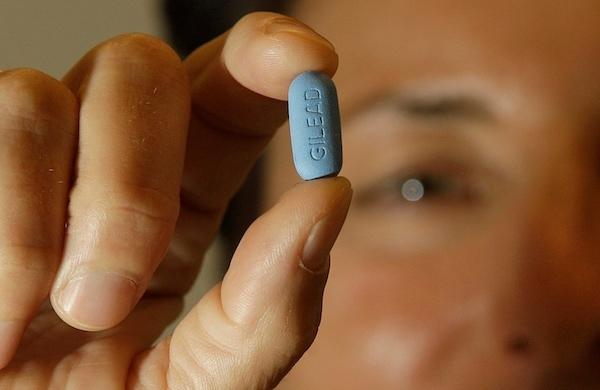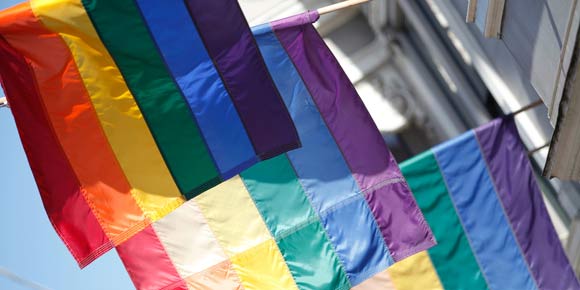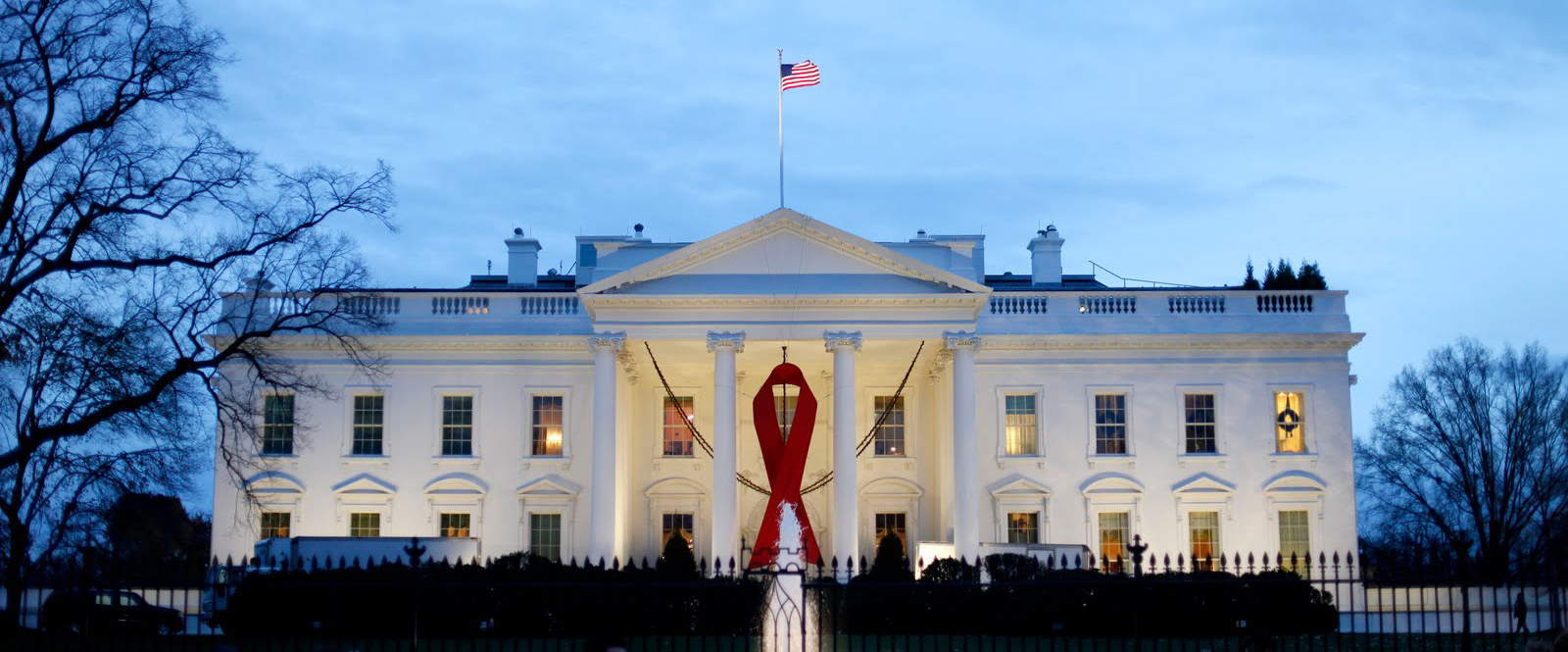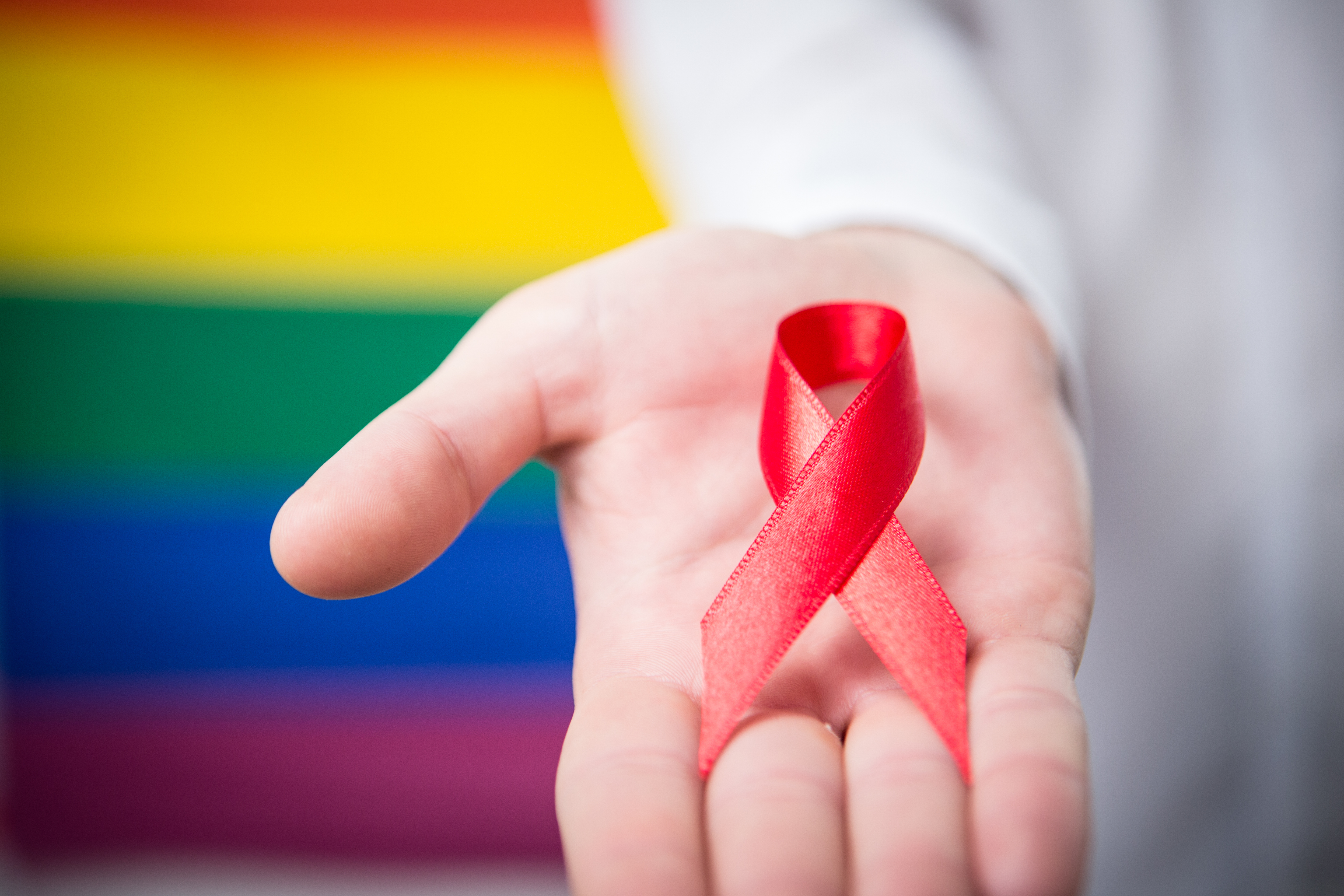A leading HIV charity has won one of the most important motions in UK medicine.
In a ground-breaking ruling, the High Court has decided to allow the NHS in England to fund HIV-prevention drug pre-exposure prophylaxis (PrEP).
The ruling was a victory for the National Aids Trust (NAT), which brought the case to court after NHS England refused to commission a large scale role for PrEP.
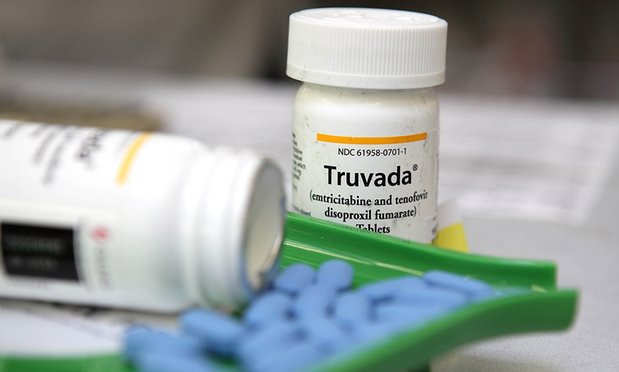
Mr Justice Green ruled that NHS England “has erred in deciding that it has no power or duty to commission the preventative drugs in issue”
The “game-changing” anti-retroviral drug acts as a barrier to HIV when the virus is transmitted and could prevent some of the 4,000 people who obtain HIV every year in the UK. The highly-effective drug can now be prescribed to residents in England under the NHS after the National Aids Trust (NAT) won its court battle today (August 2).
The drug, when used consistently and regularly can cut the chances of contracting HIV by up to 90% – a claim that many who are at high risk (men who have sex with men, sex workers and those who inject drugs) of transmission will relish in.
Though the NHS were before convinced they had no legal duty to fund the drug, the case’s judge, Mr Justice Green, sitting in London ruled that NHS England “has erred in deciding that it has no power or duty to commission the preventative drugs in issue”.
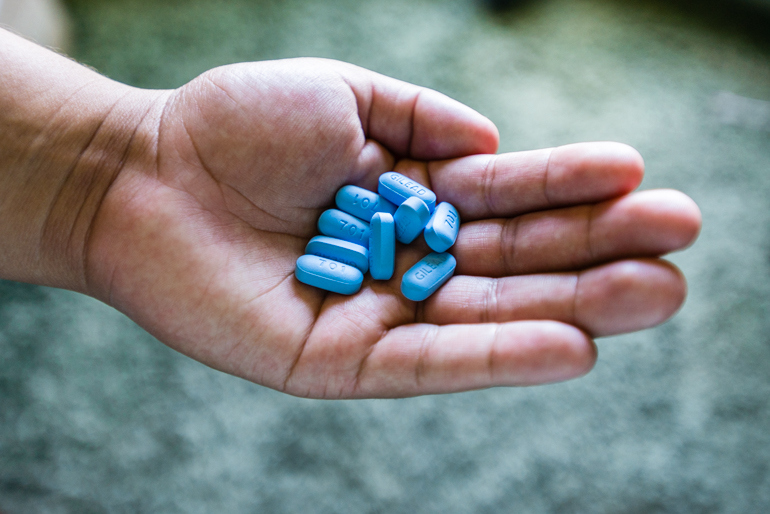
Previously legal advisers to the NHS claimed it was the responsibility of local councils to provide preventative treatments for those at high risk of HIV.
However campaigners have pushed that, as well as gay men using condoms to prevent infection, there is an “ethical duty” for PrEP to be available.
In response to this progressive new ruling, NAT’s chief executive Deborah Gold said:
This is fantastic news. It is vindication for the many people who were let down when NHS England absolved itself of responsibility for PrEP. The judgment has confirmed our view that it is perfectly lawful for NHS England to commission PrEP. Now NHS England must do just that.
Over 4,000 people are getting HIV every year in the UK – we desperately need further prevention options to add to condom use. PrEP works. It saves money and it will make an enormous difference to the lives of men and women across the country who are at risk of acquiring HIV. The delay to commissioning PrEP is both unethical and expensive.”
As it stands, 103,000 people are living with HIV in the UK. However, when PrEP comes into mainstream use and becomes a regular for gay and bisexual men and sex workers, we could eventually see the number of Brits diagnosed curbed significantly and the fight against HIV won.
